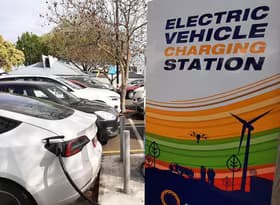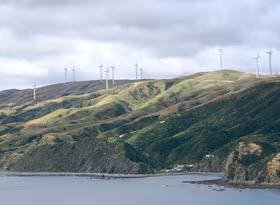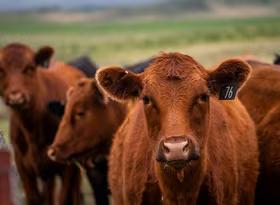Emissions policy clouded by the hot air of self-interest
Once again we hear Federated Farmers bleating about the potential burden placed on them by an Emissions Trading Scheme (ETS), proclaiming that farmers are doing all they can to reduce greenhouse gas emissions. Hence any carbon charge on agriculture would be pointless. Rubbish.
A price on carbon has two main effects on an industry. Firstly It provides an incentive for producers to change the way they do business – using less carbon intensive inputs, adopting new production processes and so on. Secondly, and to the extent that the aforementioned actions do not negate the costs of the carbon charge, it eventually leads to an increase in output prices. This price change is what prompts consumers to change the mix of goods and services that they buy – again away from carbon intensive goods.
The claim by Federated Farmers seems to deal with only the first effect. Is it plausible? Farmers, like the rest of us, behave in accordance with personal preferences and market prices. If prices change, so does behaviour, even if it takes some time to see measurable impacts. One of the reasons that New Zealand agriculture is efficient is that it responds to market prices. To argue that farmers can’t or won’t react to a carbon price is an insult to most farmers.
The second effect, that of higher prices causing a reduction in demand, is of course precisely what a carbon charge is intended to do. Arguing that agriculture should not be part of this mechanism has as much merit as arguing that it should not pay ACC premiums linked to its accident rate, or that it should not face fines for polluting waterways.
In agriculture there is actually a third, probably dominant way that a carbon charge has an effect: namely the effect on the price of land. The price of land equals the discounted value of expected farm profits after all other costs have been paid. So, to the extent that higher costs cannot be passed on in the form of higher output prices, agricultural land values will fall. Seem familiar? The same thing happened when Supplementary Minimum Prices were abolished in the mid 1980s. Did agricultural production collapse? Certainly not.
Faced with lower land prices some farmers may be forced to sell. Arguably there might be a case for compensation in those cases, but a new purchaser will buy the land at a lower price and in most cases continue to farm it as profitably as before. There will be some instances where land use will change, for example from agriculture to forestry, but again this is precisely the desired effect of a carbon charge; to move resources (in this case land) from more carbon intensive activities to less carbon intensive activities – even better if the new use is carbon absorptive activities such as forestry.
So even if individual farmers are doing all they can to reduce greenhouse gas emissions and won’t be persuaded by a carbon charge to do other things (which seems a dubious claim), given New Zealand’s Kyoto commitment, the agriculture sector as a whole is probably somewhat too large in the following sense: Reducing the country’s carbon emissions involves some cost, but in the long run our standard of living will be less negatively affected if agriculture is fully included in the ETS and land use is allowed to respond to relative price signals, than if agriculture is exempt from the ETS.
Having made that general point, our own research shows that there is merit in provisional assistance to various industries, including agriculture, in order to allow time for new technologies that reduce emissions to be developed. However, this is not an argument for exemption from an ETS, nor even for delayed entry. It is an argument for some temporary allocation of free emission rights. Agriculture, like other industries, should face the correct price incentives to reduce emissions.
It is pleasing to see therefore that the changes to the ETS announced by the government earlier in the week don’t exempt agriculture, although the entry date on January 2015 seems on the generous side. More puzzling is the very slow phase out of industry support – all the way to 2050. This is such along horizon that, quite apart from the fact that it can hardly be considered transitional, has almost no credibility. No one in industry or agriculture is going to believe that future governments will be tied to such a policy for such a long time. I cannot think of an analogous situation. It would have been much better to plan for a phase out over a decade or so, with a broader base of political support. The self-interested myopic hot air from some in the agricultural sector has fortunately been given little credence. Let’s hope that those advocating a phase out of assistance to 2050 ultimately receive the same reaction.



